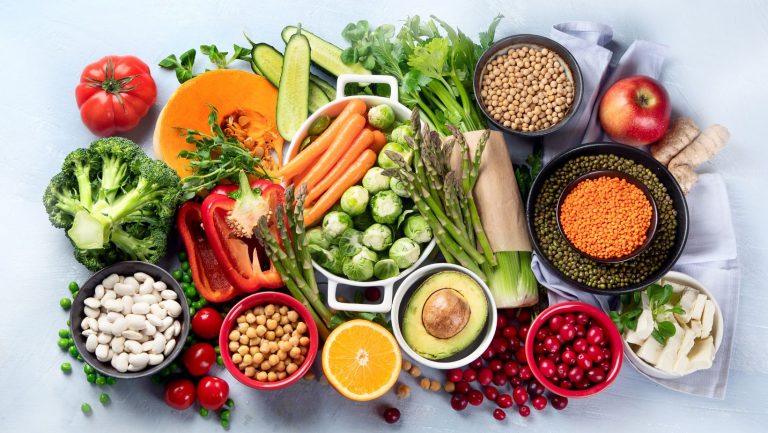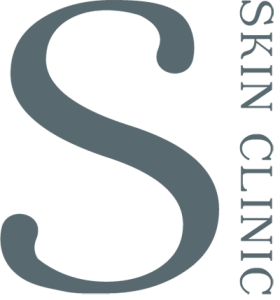In 1982, the National Academy of Sciences released a groundbreaking report on diet, nutrition, and cancer, marking the first major, institutional, science-based report on the topic. Despite initial scepticism and resistance from certain industries, the report laid the foundation for understanding the relationship between diet and cancer. Today, we have a better understanding of how our dietary choices can impact our risk of developing cancer. In this blog post, we will explore the best advice on diet and cancer, drawing from the latest scientific research and recommendations.
The Importance of Fruits and Vegetables
One of the key recommendations from the 1982 report was to emphasize the consumption of fruits and vegetables, as they may reduce the risk of several common forms of cancer. While we may not have absolute certainty, there is strong evidence supporting this recommendation. Fruits and vegetables are rich in vitamins, minerals, and antioxidants, which can help protect our cells from damage and reduce inflammation. By incorporating more fruits and vegetables into our diets, we can take a proactive approach to cancer prevention.
Soy Products and Breast Cancer
Recent research has shown that consuming soy products may not only reduce the risk of developing breast cancer but also increase the chances of surviving it. Soy contains isoflavones, which are plant-based compounds that have been found to have anti-cancer properties. Including soy products, such as tofu, tempeh, and edamame, in our diets can provide additional protection against breast cancer.
Limiting Dairy and Prostate Cancer
There is compelling evidence suggesting that limiting or avoiding dairy products can reduce the risk of prostate cancer. Dairy products contain hormones and growth factors that may promote the growth of prostate cancer cells. By reducing our intake of dairy products, we can potentially lower our risk of developing prostate cancer.
Alcohol and Cancer Risk
Alcohol consumption has been linked to an increased risk of cancers of the mouth, throat, oesophagus, colon, rectum, and breast. Limiting or avoiding alcohol can help reduce our risk of developing these types of cancers. If you choose to drink alcohol, it is important to do so in moderation.
Red and Processed Meat
The consumption of red and processed meat has been associated with an increased risk of cancers of the colon and rectum. By avoiding or limiting our intake of these meats, we can reduce our risk of developing these types of cancers. Instead, opt for plant-based protein sources, such as beans, lentils, and tofu, or lean meats like poultry and fish.
Grilled, Fried, and Broiled Meats
Cooking methods that involve high temperatures, such as grilling, frying, and broiling, can produce harmful compounds that increase the risk of cancers of the colon, rectum, breast, prostate, kidney, and pancreas. To reduce our risk, we should opt for healthier cooking methods, such as steaming, boiling, or baking.
Conclusion
While we may not have absolute certainty about the relationship between diet and cancer, we can make informed decisions based on the best available evidence. By incorporating more fruits and vegetables, soy products, and plant-based proteins into our diets, and limiting our intake of dairy, alcohol, red and processed meats, and high-temperature cooked meats, we can take a proactive approach to cancer prevention. At Sparsh Skin Clinic, we are committed to helping our patients make informed decisions about their health and well-being. By adopting a holistic approach to healthcare, we can work together to reduce the risk of cancer and promote overall health.



